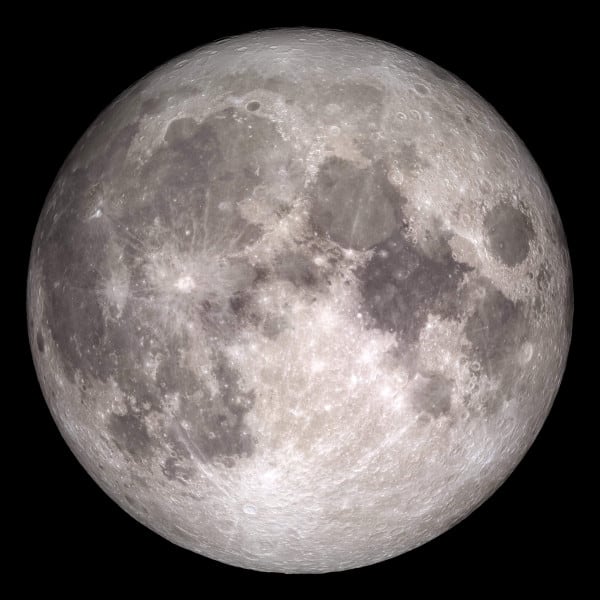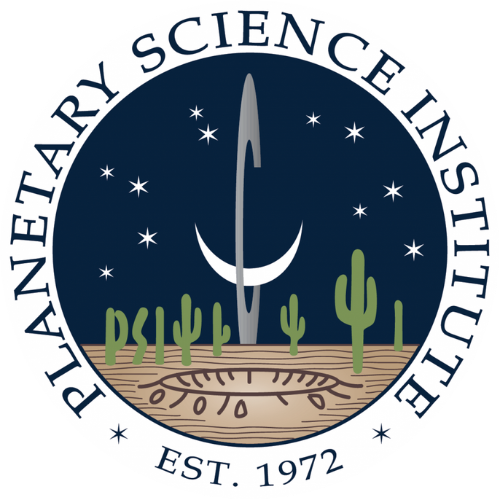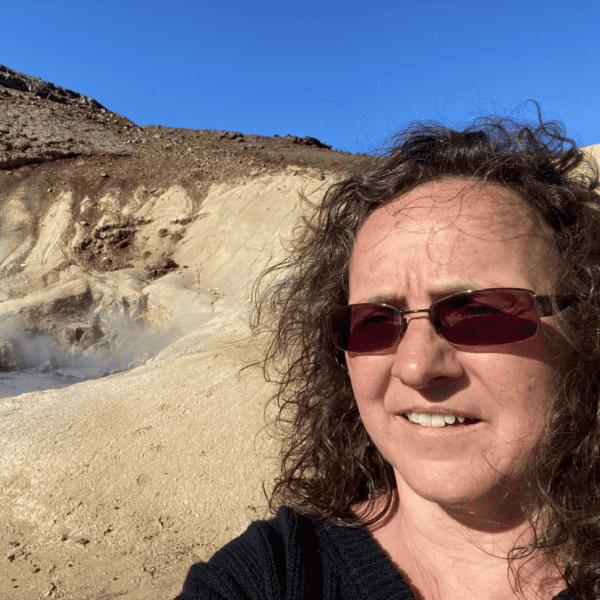
Dr. Rebecca Ghent
Senior Scientist
Currently resides in Oregon
Targets of Interest: Moon, Earth, Mercury, Venus
Disciplines/Techniques: Remote Sensing, Radar, Thermal IR analysis, Tectonics, Numerical Modeling, Geology, Mapping
Missions: LRO, Mars 2020, OSIRIS-REx
Instruments: Diviner Thermal Radiometer, RIMFAX lunar penetrating radar
Dr. Rebecca Ghent is interested in geological processes on the terrestrial planets, including Earth. Her recent work has focused on lunar surface evolution, especially impact cratering and regolith evolution. She has also worked on tectonic deformation on Venus using Magellan radar data, geological analyses of volcanic terrains on Mars using visible and infrared imagery, analysis of the Mars 2020 Curiosity rover landing site using ground penetrating radar, and measurements of dielectric properties of astromaterials. She enjoys investigating the physical processes that shape planetary surfaces, wherever in the Solar System they occur.
Active Projects

GEODES: Geophysical Exploration of the Dynamics and Evolution of the Solar System
NASA Solar System Exploration Virtual Institute
Institutional PI

Project Team

Lunar Reconnaissance Orbiter Diviner Lunar Radiometer Experiment (ESM)
NASA Lunar Reconaissance Orbiter Mission
Project Team

TREX: Toolbox for Research and Exploration
NASA Solar System Exploration Virtual Institute
Principal Investigator

Project Team
External Partners
- Columbia U.
- UC Boulder
- U. Winnipeg
- CMU
- GSFC
- USRA
- DLR
- Illinois U.
- JSC





















